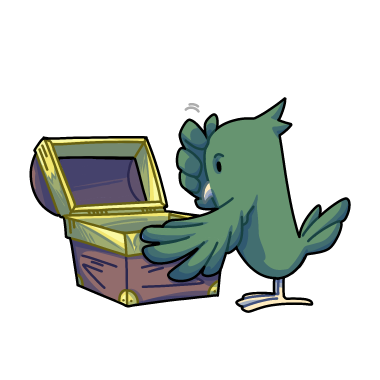

If no results show up using the filters try searching using the Product Title search field.
Some Vendors may not set all filter values properly!
MIR4 Trading Marketplace
MIR4 is a popular blockchain-based RPG that has taken the play-to-earn gaming scene by storm since launching in 2021. With its unique Darksteel mining concept and deep gameplay, MIR4 has built an active community of over 4.5 million registered players as of 2022. Like many online titles, a bustling real-money trade scene facilitates transactions between gamers across virtual assets and currencies.
What is the MIR4 Marketplace?
While MIR4 itself does not have an integrated marketplace, the game’s community has spawned an ecosystem of third-party trading sites and vendors. Players can buy, sell, and exchange in-game resources using real money. Common trading categories include:
Accounts - Selling leveled-up accounts with unlocked characters, achievements, and valuables. Accounts with premium Dark Steel mines hold high value.
Currencies - Exchanging the Royal Crystals and Dragonite premium currencies outside of the game client. Sellers offer discounted deals.
Items - Trading gear, enhancers, crafting materials, potions/elixirs, and other farmed goods. Rare item drops like exclusive costumes tend to trade for steep prices.
Services - Selling carry runs through difficult dungeons and quests in exchange for loot splits and currencies. Also includes piloting accounts to level up characters.
What MIR4 Assets and Services can you trade on PlayersLoot?
What Do Gamers Trade on MIR4?
MIR4 features many rare and powerful items that give characters an edge. Below are top assets that players trade between each other, whether through marketplaces, Discord channels, or direct deals:
Exclusive Costume Sets
Special outfits with bonuses are periodically sold during limited-time events. Classic server launch costumes no longer available carry prestige, trading for over $150 per set.
Legendary Weapons/Armor
5-star Legendary gear provides big stat boosts but drops extremely rarely from bosses and chests. A single max-level Legendary weapon can trade for over $500.
Level 100+ Accounts
Max level accounts invested with years of grinding speed up new players’ progress. Accounts with premium Dark Steel mines, rare achievements, costumes, and resources sell from $150 into the thousands.
Royal Crystals/Dragonite
Crystals and Dragonite allow players to trade currencies outside of the game client's official Crystal shop. Players wanting to progress faster purchase these premium currencies from third-party sellers, often at discounted bulk rates compared to in-game prices.
Enhancers: Protection Stones, Ethers, Evolution Stones
These valuable crafting materials and enhancers boost gear upgrading chances. With low natural drop rates, most players eventually buy from other farmers to progress gear.
Why is the MIR4 Market So Lucrative?
MIR4 built its model around progressive character advancement. With many grinding hurdles, trading creates shortcuts:
Pay-To-Progress Design
Chasing the next gear score benchmark demands tremendous farming time or premium currency. Trading progresses characters faster.
Harsh Penalties
Gear destruction downgrades from failed upgrades punish progression. Not trading means falling irreversibly behind peers.
Hyper Competition
Leaderboard focus incentivizes getting any advantage possible against other players.
Prestige Seeking
Collecting rare, discontinued items brings status. Showing off valuable assets also signals dedication to the game.
The Thrill of Real Value
Participating in MIR4’s player-driven economy engages beyond just gameplay - it creates potential for real profit. With enough grind time, nearly any player can leverage extra assets into cashout value. This brings an entrepreneurial dimension beyond gameplay itself.
How to Sell?
Playing Safe on the MIR4 Market
While alluring, many risks exist around account theft, hacking, bans, and fraud. Players should take care to protect their accounts and seek fair trades. Useful precautions include:
Using trusted platforms and middlemen for big transactions
Verifying sellers’ reputations through community feedback
Avoiding too-good-to-be-true deals that likely involve fraud or hacking
Securing accounts with strong credentials and two-factor authentication
Not sharing account details publicly or reusing passwords
Exercising skepticism to avoid phishing attempts
Conducting small test transactions to validate sellers